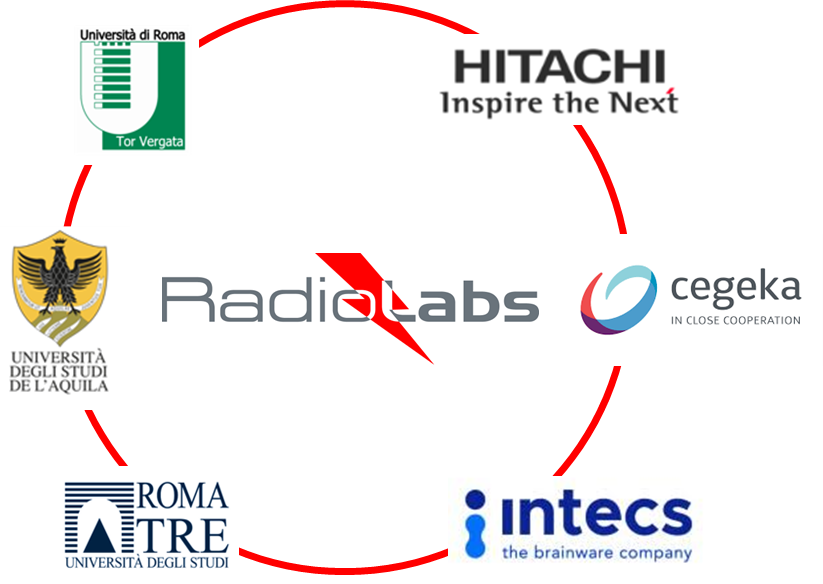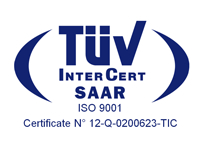Four members of the RadioLabs Board of Directors named for the World’s Best Scientists

Radiolabs, a non-profit public-private consortium, has created over the years a research and talent team to translate innovation into commercialization by leveraging the collaboration between the three universities and the three industries that are part of the consortium.
The focus is on new technologies for safety-critical intelligent transport systems such as geolocation, connectivity and cybersecurity. The strategy is to enhance technological synergies by promoting the osmosis of common best practices for rail, automotive and maritime automation in order to develop scalable technologies and globally authoritative validation tools, accelerating their use.
Sustainable autonomous mobility requires an integrated approach for safe and accurate vehicle positioning, moving communications and cybersecurity to ensure a high level of autonomy, resilience and exploit the potential of satellite and navigation technologies in sectors with a high level of safety, security and competitiveness.
Excellence through research is a key pillar of Radiolabs’ mission with valuable contributions from universities providing multidisciplinary know-how, laboratories and the expertise of scientists such as the four members of the Radiolabs Board of Directors who were recently included in the ranking of the world’s best scientists compiled by Stanford University in collaboration with Elsevier. In this ranking, which identifies the top 2% of researchers distinguished for the quality and dissemination of publications within the scientific communities, there are professors Alessandro Neri (president of Radiolabs, Roma TRE University), Paola Inverardi (vice president of Radiolabs, rector of the Gran Sasso Science Institute), Filiberto Bilotti (Roma TRE University) and Franco Mazzenga (Rome Tor Vergata University).
This exceptional recognition is a further incentive for our talents to pursue innovation with radically new technologies through research networks and high-level training systems to prepare the workforce and be leaders in the technological change taking place.
LINK: Updated science-wide author databases of standardized citation indicators



